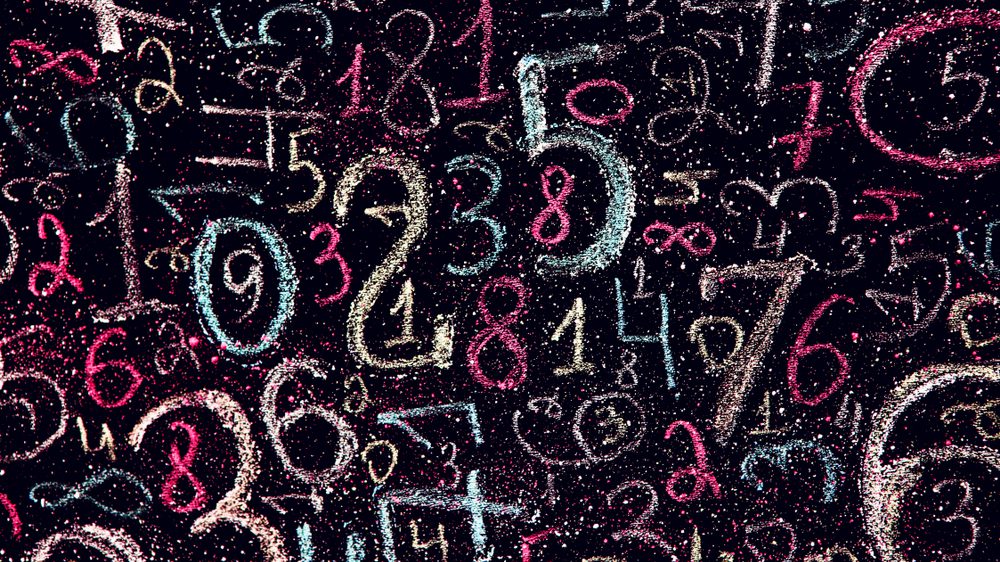Every week, CasinoBeats breaks down the numbers behind some of the industry’s most fascinating stories. Our latest headline reflection features BetMGM’s financial forecasts, UK National Gambling Treatment Service data and the illegal casino market in France.
500
BetMGM CEO Adam Greenblatt noted that the operator’s strong 2023 EBITDA second-half profitability has put the company “in a position to be self-funded from here on”.
CFO Gary Deutsch added that the operator’s positive adjusted EBITDA projection for 2026 – $500m – means it is “done taking cash” from parent companies Entain and MGM Resorts International for now.
Speaking on an investors call as part of BetMGM’s Business Update, Greenblatt stated that the operator’s net revenue for 2023 is expected to reach the top end of its guidance between $1.8bn and $2bn.
This has resulted in “half a billion dollars of top-line growth in each of the past three years, with strong organic growth in the current year, particularly in igaming given no new markets were added in 2023”.
In addition, the CEO noted that BetMGM’s EBITDA has grown by “well over $300m” and that EBITDA profitability will be achieved in the second half of the year, which means the company is “in a position to be self-funded from here on”.
88
GambleAware data has revealed that nine out of 10 people (88 per cent) who went through the National Gambling Treatment Service saw improvement after completing their treatment, with large reductions in gambling problems on average.
The data comes from GambleAware’s 2022/23 NGTS Annual Statistics report and is released as the charity calls for reassurance by the UK government that the new statutory levy proposal will not put third-sector support services at risk of collapse.
GambleAware commissions the NGTS, which is made up of 10 organisations across England, Scotland and Wales, offering free and confidential treatment, early intervention, and prevention services for anyone experiencing gambling-related harms.
Nearly 7,000 people every year access structured support through the NGTS, and over 44,000 calls are answered by the National Gambling Helpline. Despite the high traffic, 50 per cent of people are seen within five days after their referral, and 75 per cent are seen within nine days.
0
New South Wales’ Liquor & Gaming division has issued a “zero-tolerance” approach to gaming venues displaying prohibited gaming signage as part of its enforcement of the Gaming Machines Act.
The approach is part of the Australian state government’s third and final stage of a compliance programme targeting prohibited gaming signage displayed at venues across the state, which includes external and internal signage if it can be seen from outside the venue.
Venues breaching the Gaming Machines Act could be handed a maximum penalty of AUS$11,000 per offence. Failing to comply with a statutory direction issued under the Liquor Act can also result in a maximum penalty of $11,000. Both offences could result in disciplinary action.
As of December 1, the regulator began taking escalated enforcement action if necessary. It has already ordered two venues to remove newly installed signage that used “imagery extremely similar to visuals used on electronic gaming machines”.
585
Entain Plc has reached a definitive settlement over its Deferred Prosecution Agreement with the Crown Prosecution Service, after a bribery investigation by HM Revenue & Customs of its Turkish-facing business.
Terms of the settlement were signed off by Dame Victoria Sharp, President of the King’s Bench Division at the Royal Courts of Justice at the Crown Court of Southwark.
HMRC had investigated GVC Holdings, the former entity of Entain PLC, for breaching the Bribery Act 2010. The DPA addresses allegations of failing to have adequate procedures to prevent bribery, particularly in its Turkish-facing business, which was sold in 2017.
As stated by the firm, a £585m settlement with the Crown Prosecution Service has been agreed. The owner of Ladbrokes and Coral will pay the settlement to HMRC.
748
A new study has revealed the significant threat of the black market for casino players in France.
It detailed that play on illegal casinos equals around €748m and €1.5bn in GGR, with as many as three million French players engaging with black market sites.
The study, which was commissioned by the Autorité Nationale des Jeux, detailed that the illegal market represents between five and 10 per cent of the overall legal gambling market in France.
The study, initially scheduled for this summer, was carried out by PwC between January and March this year and identified 510 sites and 14 mobile apps as offering online casino products in France, with 21 sites understood to be capturing around 60 per cent of the traffic.
The ANJ pinpointed the key products that are being engaged with when it comes to casino games, with roulette and craps accounting for just under half of all stakes, and online slot machines recording 54 per cent of player wagers.
22
Spelinspektionen, the Swedish gambling authority, has stated that it has ‘no substantive views’ on the proposed gambling tax increase in Sweden.
However, the authority noted it will ‘carefully follow developments’ and monitor what ‘consequences the proposed change may actually have’ as it agrees with the Swedish government that such an increase could affect the channelling rate.
Back in September, Regeringskansliet announced plans within its 2024 budget to increase the tax on gambling GGR as it believes the country’s market is now stable following legalisation in 2019.
From July 1, 2024, the government plans to increase Sweden’s gambling tax from 18 per cent to 22 per cent, raising an additional SEK 540m (£39.4m) per year, and is expected to be put forth before the Riksdag for approval in the spring of next year.
Regeringskansliet hopes that by increasing the gambling tax, a channelisation target of 90 per cent can be achieved with little negative impact on the legal market.












